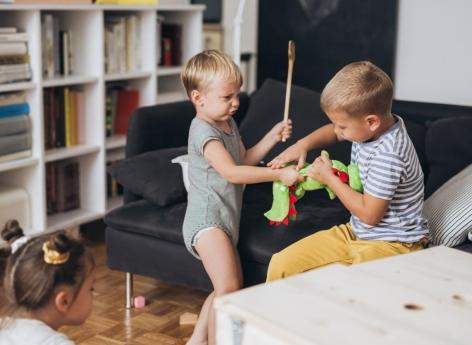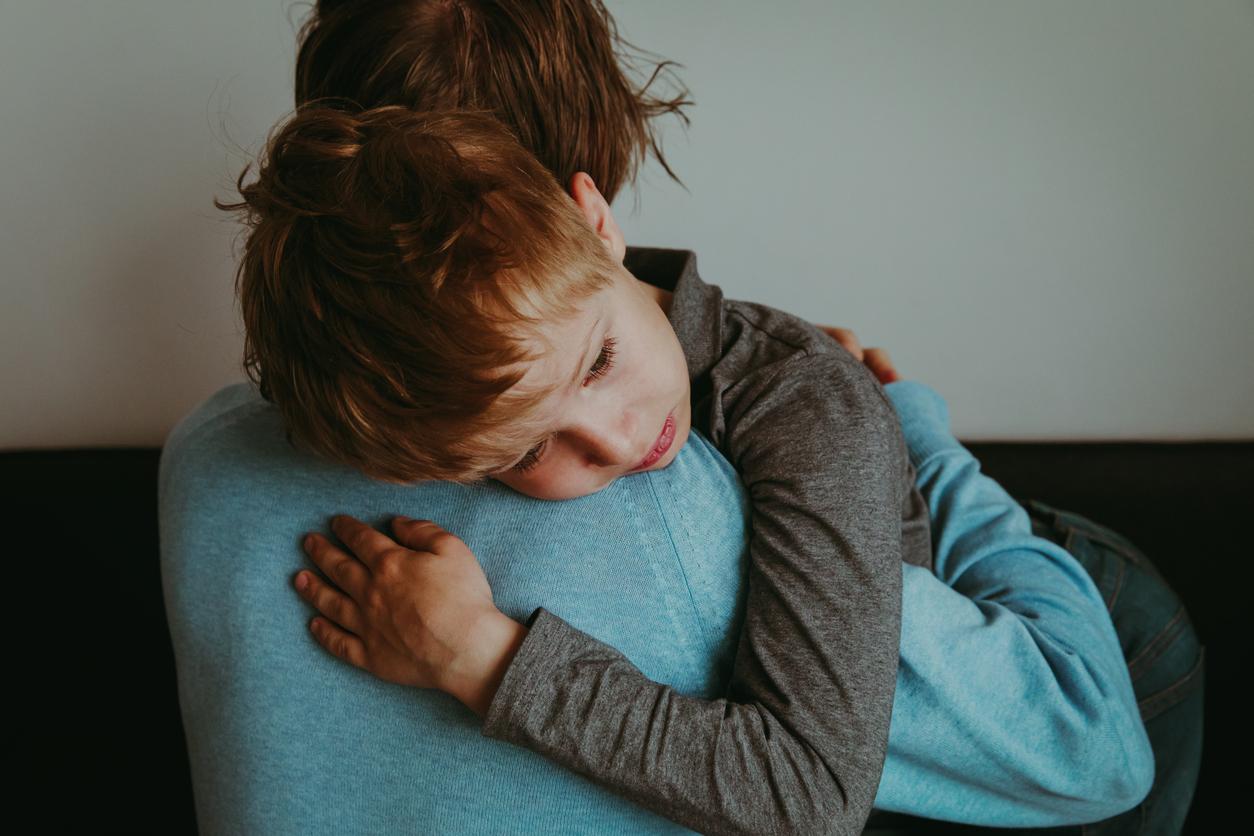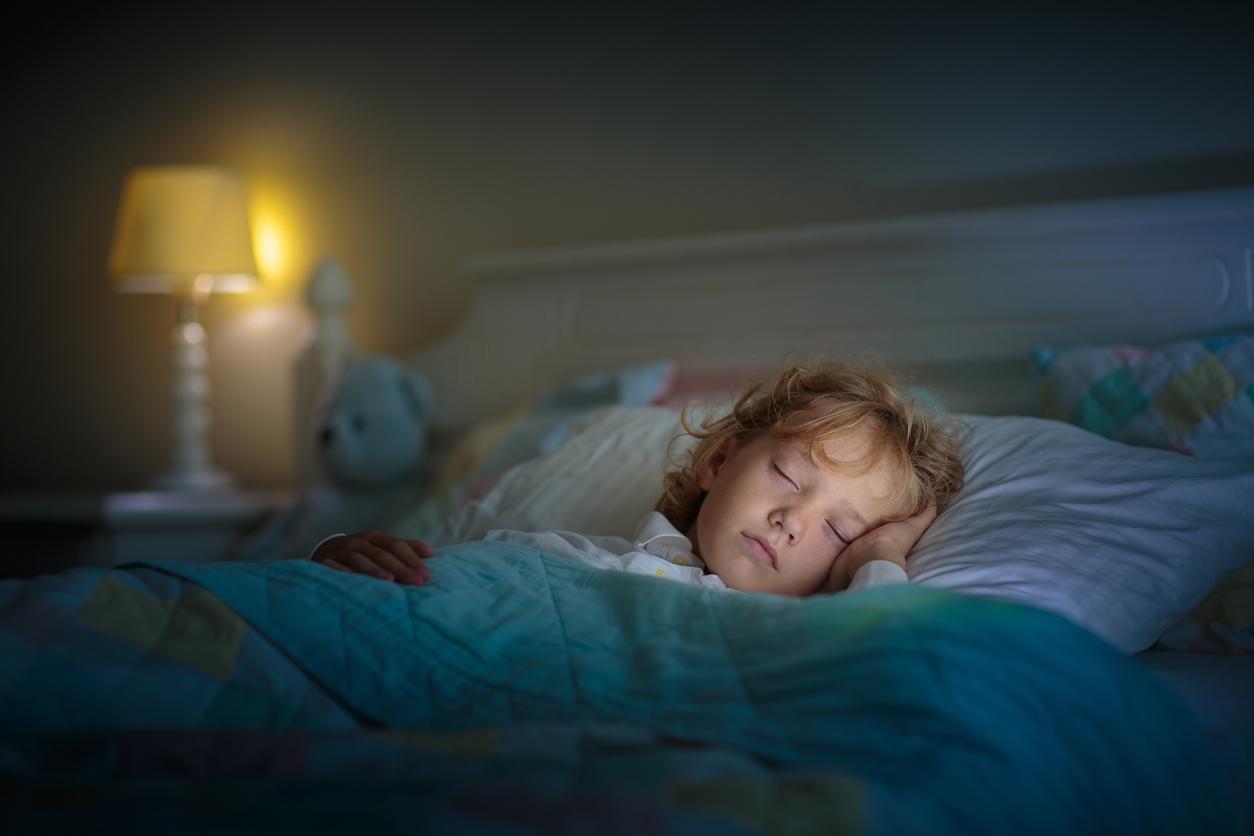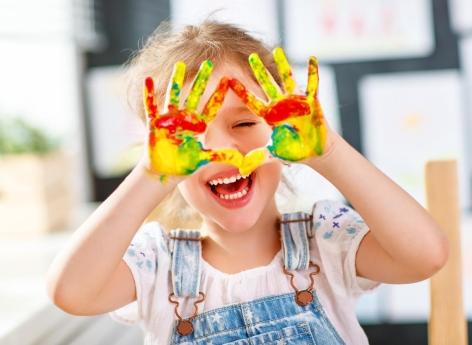Researchers have found that the way you help your child fall asleep has an impact on their personality and behavior.
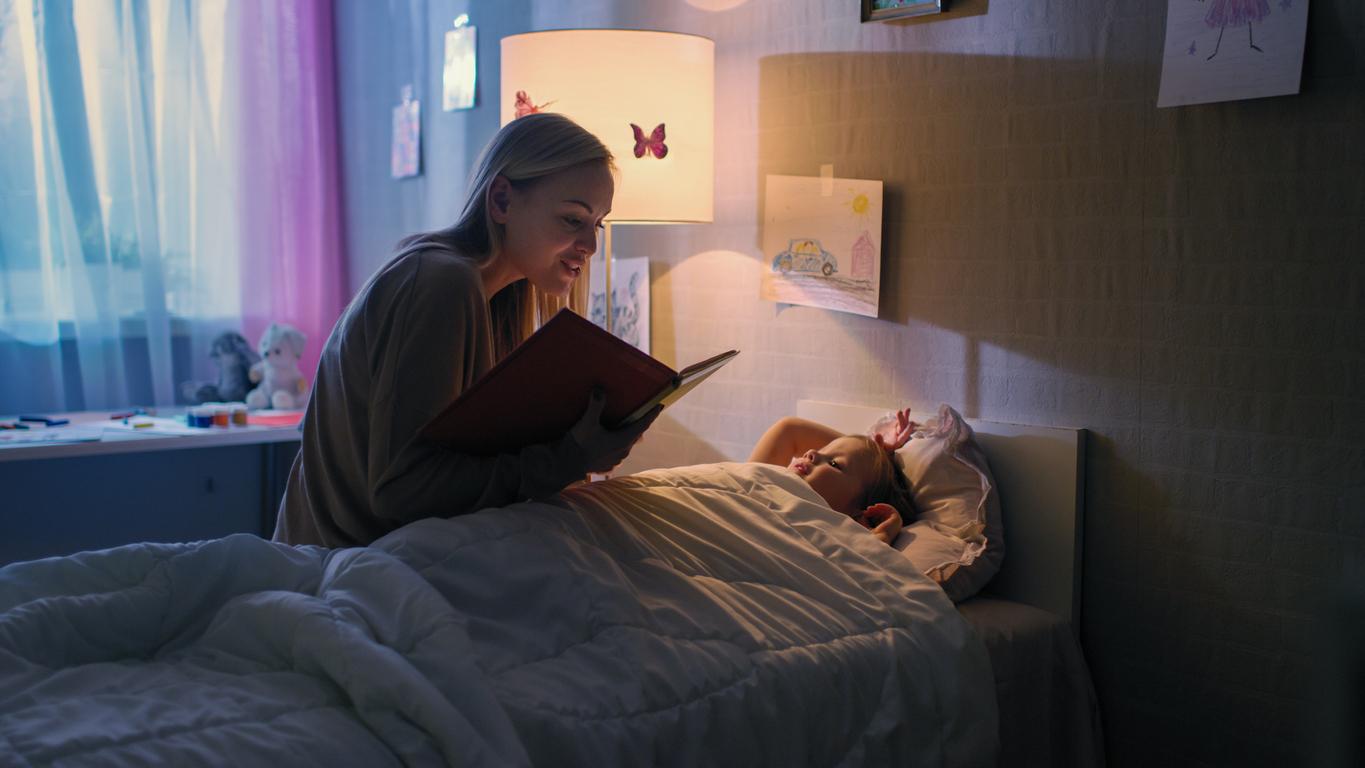
- Poor sleep is detrimental to children’s neurobehavioral functioning, responsiveness, and emotional regulation.
- This also exposes them to a risk of future psychic pathologies, according to the researchers.
- France was not one of the countries studied.
Raising a child during the day has an impact on his development, but according to researchers, the way parents choose to help him fall asleep is also important. Indeed, according to a study published in Frontiers in Psychologyhelp your child fall asleep with a “active method” (like games, walking or a car ride for example) does not have the same effect on his personality and behavior as resorting to a strategy”more passive” like singing, hugging or reading.
A group of international researchers asked 841 families from 14 different cultures to complete a questionnaire on the behavior of their young children, aged 17 to 40 months, and another on daily activities. There were 52% boys. Parents were asked to indicate their techniques that help their children’s sleep and temperament.
A child’s personality influences his entire life
Child temperament is defined as the way children regulate their behavior and manage their emotions. Researchers define temperament by three primary factors: positive emotionality (SUR) first, which reflects positive affects, such as smiling and laughing, activity and enthusiasm. Negative emotionality (NE) then, which means the general tendency to distress, especially in situations that arouse fear, anger, sadness and discomfort. Finally, effort control (EC) which involves regulation skills based on attention and enjoyment of quiet activities. “Each of these factors independently contributes to predicting behavioral outcomes, achievements, and interpersonal outcomes, such as behavioral problems, social skills, and academic achievement.”say the researchers.
Children: the methods of falling asleep are different, depending on the country
According to their work, it appears that countries that make more use of passive strategies, such as hugging their child or reading them a story, have toddlers with higher sociability scores. On the other hand, a child’s fussy or difficult temperament was significantly correlated with active sleep techniques such as taking him for a walk to get him to fall asleep.
Overall, it seems that a happy child is a child put to sleep with gentle methods: “Passive sleep support techniques were associated with lower negative emotionality, higher positive emotionality at the culture level, and higher effort control at the individual level. Active sleep support techniques were associated with higher negative emotionality at the individual level only”, sum up the scientists.
Interestingly, the results are disparate among countries: the United States, Finland and the Netherlands topped the list of “passive methods” and South Korea, Turkey and China are at the bottom of the ranking. On the other hand, when it comes to “active techniques“, the researchers find that Romania, Spain and Chile are at the top of the list, while Italy and Belgium are last.




